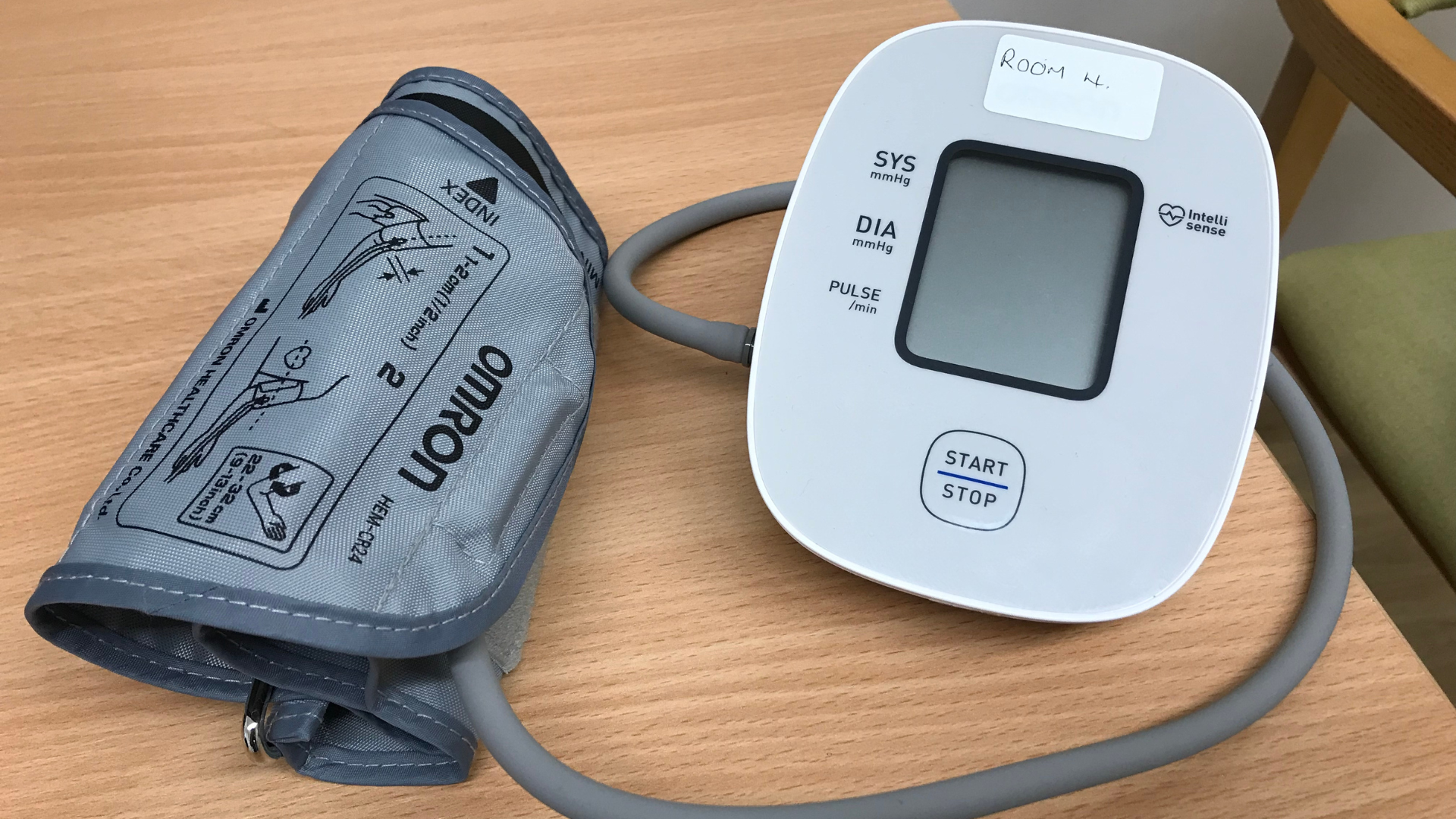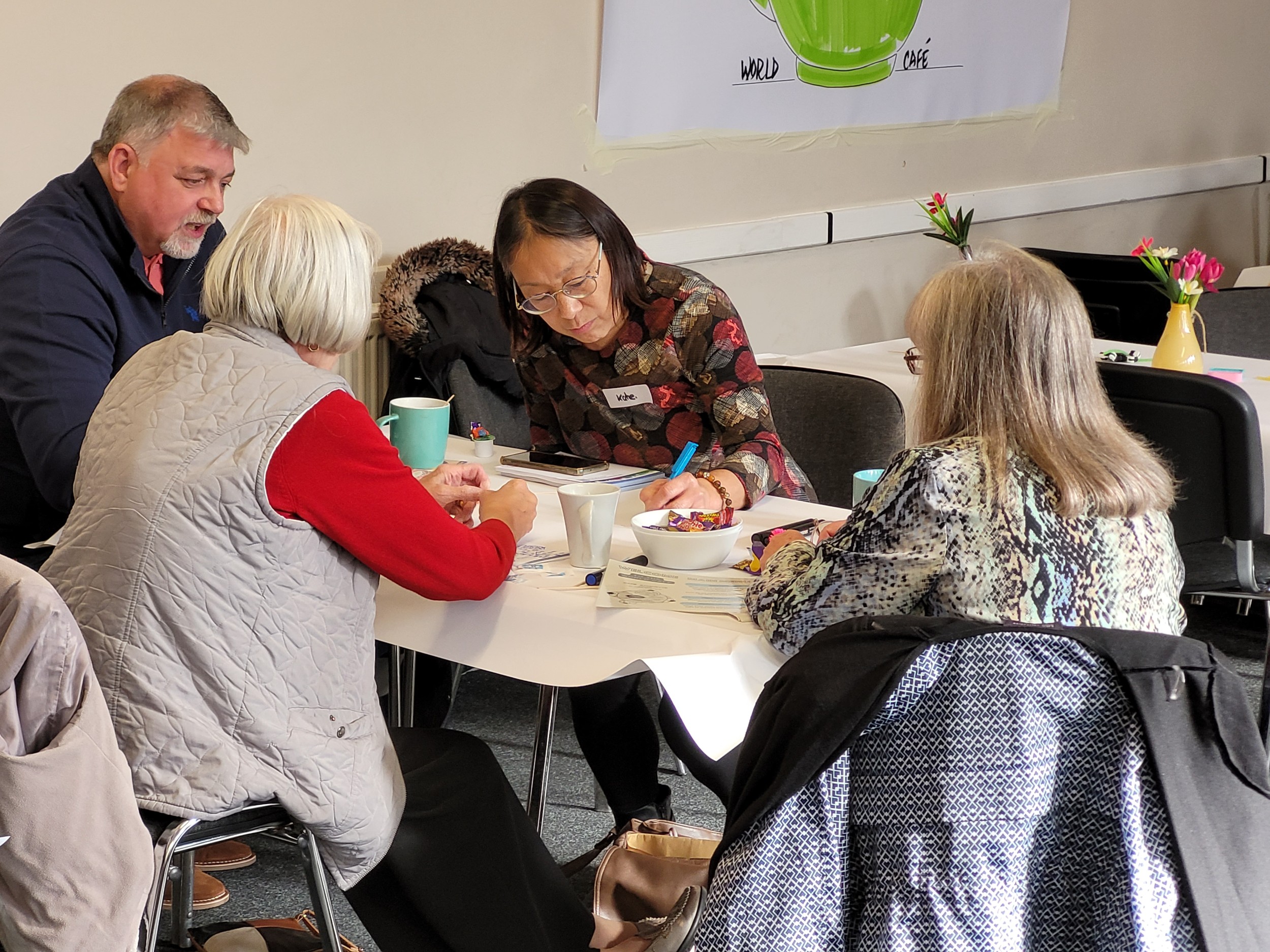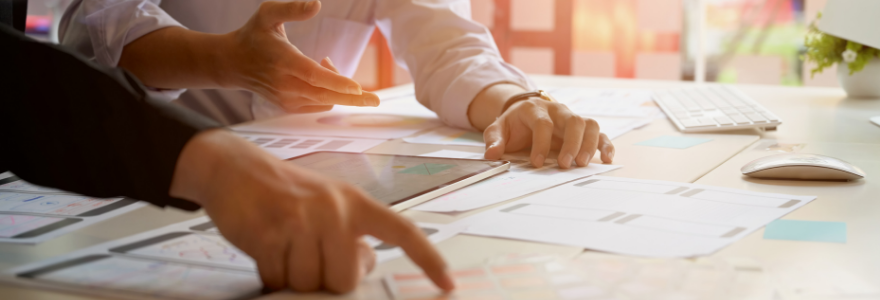Remote monitoring plays an important role in the future for the NHS. Put simply, it is a way to deliver care to patients within the comfort and safety of their own homes (including care homes).
Using digital devices, we can now accurately monitor things like blood pressure, heart rate and oxygen levels without a clinical person being present. These readings can be sent automatically to a clinically trained person for expert review and action if required.
The benefits are huge, patients and family members can be reassured that their health is being monitored and clinicians can pick up health concerns early to reduce deterioration. This also means that the NHS can work in a smarter and more productive way, reducing travel time and directing resources to those who need it, when they need it. We also expect to see a reduction in people needing emergency hospital treatment as they will be monitored more regularly.
Care homes across the Black Country are implementing remote monitoring for residents.
Remote monitoring in our care homes will have benefits for the health and care system, those who work within it and most importantly for those whom we care for.
These include:
- Residents
- Any worrying signs will be picked up earlier through regular monitoring
- Family members are reassured that their loved ones are receiving the best possible level of care
- Easier access to clinical advice and support
- Staff
- Less administration and more time to care
- Increased training and skills
- Reassurance that residents’ results will be reviewed by a clinician in a timely way
- Reassurance that the information provided is accurate and recorded correctly
- Ability to tailor information and escalations to each resident so an individual response can be generated
- GPs can make an informed decision without necessarily having to visit the care home
- System
- Less urgent and emergency admissions as we will pick up health concerns sooner in our care homes
- Reduces administration time for care home & NHS staff, enabling time to be better spent on provision of care.
- Reduction in GP calls out to care homes
- Reduction in ambulance conveyancing
- Improved medication prescribing
Frequently asked questions for care home residents and their families
You have received this information as the care home which you or your family member is in are working with the NHS to introduce a new way of remotely monitoring resident’s health.
Care home staff will be given the latest technology to monitor and record your health signs.
Care home staff will be asked to do basic observations and collection of symptoms you have, which are sent automatically and securely to the GP’s Practice (or Out of Hospital clinical triage service when the Practice is closed), which helps ensure the right clinical support is provided quickly.
If you need to have monthly wellness checks a series of simple questions about your health status will be undertaken during monthly wellness checks, this helps ensure any changes are noted and can be acted upon quickly – spotting any gradual deterioration early will be one of the main benefits.
The care will be provided with a hand-held tablet along with devices to monitor your blood pressure, your pulse and temperature and other devices as deemed appropriate by your clinicians.
This allows care home staff to capture your vital signs which, along with the answers to some key questions, are sent back to your GP and/or the wider health and care team.
Yes, NHS doctors and nurses along with your care home staff will not include you in this remote monitoring if you do not wish to do so. You may also withdraw your consent at any time.
The NHS hopes you will consent as it enables a better provision of healthcare for you.
You will be asked if you agree to this way of monitoring your health by the care home team.
Remote monitoring is a way to deliver care to patients within the comfort and safety of their own homes (including care homes).
Until recently, any concerns care home staff had about any of their residents was collected and the information recorded on paper forms and telephoned or emailed through to the GP practice.
NHS Black Country are funding a Remote Monitoring IT solution – Doc@Home® - this will enable care home staff in our area to better assist our health care professionals (for example doctors / nurses) in providing a better level of care for you.
Care home staff will continue to make routine and regular checks on you as part of the service they already provide to you. Care home staff can, at any time, flag up concerns immediately to the NHS if your need is urgent through to the emergency services.
Adopting this new technology provides many benefits to you, including:
- Vital signs (such as your temperature, breathing, pulse and blood pressure) & symptoms are checked on a regular basis and checked by the NHS
- Any reading outside the expected ranges generates an alert to clinicians
- This leads to reductions in ambulance journeys, A&E visits and hospital admissions
- It improves medication prescribing
- You can stay in your preferred place of care
- Care home staff via monthly wellness checks provides the necessary information to the doctors & nurses in spotting deterioration faster
Doc@Home or care home staff cannot access your medical information, which is routinely held by each GP’s practice (the Electronic Patient Records or EPR).
Your vital signs & symptoms are sent to NHS clinicians in one direction only - from the care home to the GP and clinical team - and is an extension of the form based manual methods.
Doc@Home and the NHS supplier, Docobo Ltd, comply with the NHS security standards for data protection. Only those with permission can access the system and everything is stored on secured servers.
You can view the detailed document on how your information is stored and processed at www.
If you have any initial queries, please contact your care home manager who will act as your first point of contact and can pass on any concerns to the NHS.
Frequently asked questions for care home staff
Remote monitoring is a way to deliver care to patients within the comfort and safety of their own homes (including care homes).
Remote Monitoring enables healthcare professionals, mostly within Primary and Community Care, to make healthcare decisions based upon the most up-to-date data.
This makes it easier for you, care home staff, to access the appropriate medical support for unwell residents.
Care Home staff remain responsible for regularly checking their residents for any issues. Staff can, at any time, flag up concerns immediately.
You will get a Doc@Home tablet device and other add on equipment such as Blood Pressure monitor, Pulse Oximeter and Thermometer. Possibly others as deemed appropriate, e.g. Blood Glucose or ECG monitors.
Adopting this new technology will provide many benefits to your residents, including:
- More informed responses from multi-disciplinary health care professionals and proactive management; from [hours per day / days per week]
- Reduction in avoidable hospital admissions.
- Reduction in ambulance conveyancing.
- Improved medication prescribing.
- Residents stay in their preferred place of care.
- Regularly monitoring via monthly wellness checks, greatly assists spotting deterioration
- Reduces administration time for care home & NHS staff, enabling time to be better spent on provision of care.
- Family members are reassured that their loved ones are receiving the best possible level of care.
Doc@Home or care home staff cannot access the confidential medical information, contained within Electronic Patient Records (EPR) held by a resident GP Practice.
The data collected by the tablet is sent one way to the NHS. The solution is an evolution of the form-based manual methods (NEWS2, RESTORE2, FREED etc) of monitoring residents’ wellbeing but fundamentally is doing the same tasks just more efficiently.
Doc@Home and our supplier, Docobo Ltd, comply with the NHS security standards for data protection. Only those with permission can access the system and everything is stored on secured servers.
The Doc@Home tablet will help your care home to record residents’ regular observations and to monitor their symptoms if/when they fall ill and send any changes automatically and securely to the Out of Hospital clinical triage service, who will ensure the right clinical support is appropriately provided.
The Doc@Home tablet can be used to answer a series of simple questions about a resident’s health status during monthly wellness checks, helps ensure any changes are noted and can be acted upon quickly to prevent deterioration.
Your care home will be provided with a tablet(s) along with peripherals (blood pressure monitor, pulse oximeter and thermometer. Possibly others as deemed appropriate, e.g. blood glucose or ECG monitors).
These peripherals allow staff to capture vital sign information, which along with the answers to the symptomatic & soft-sign questions are sent back to clinicians. The NHS will provide all necessary training in the use of these peripherals, which are designed to be simple to use.
If you have any initial queries about this project, please contact your manager who can direct queries to the project lead at the CCG, Rachel Dannie.



